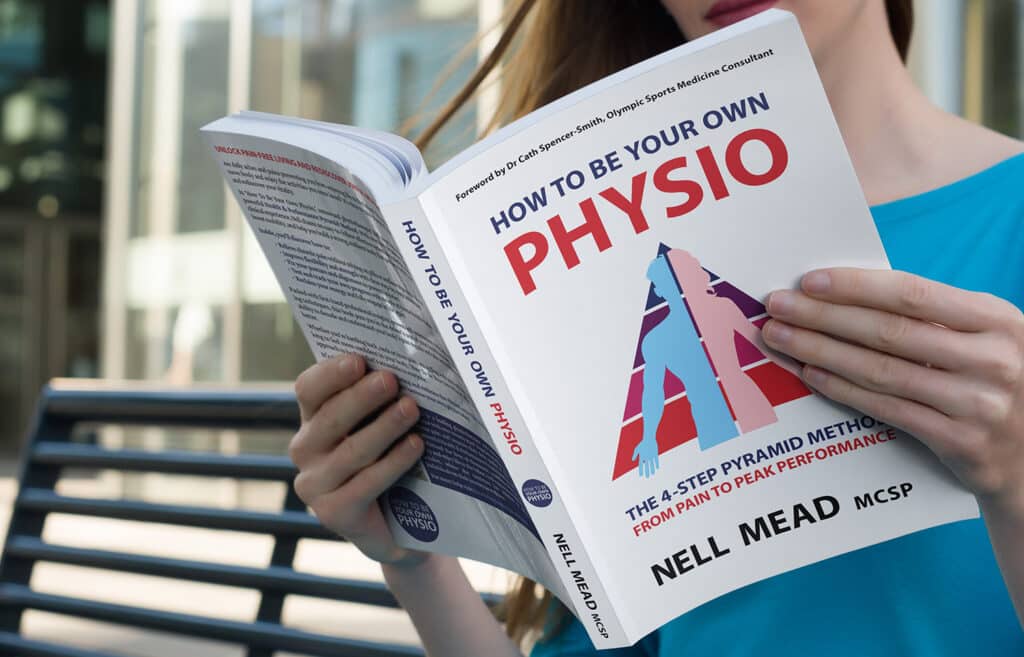A month ago, I wrote about the difference between acute, local inflammation (first stage of healing: good) and chronic, systemic inflammation (body attacking itself: bad) and explained that the things you can do to optimise your system to reduce inflammation were to stop smoking, cut down on the alcohol, sort out your sleep hygiene, reduce your stress levels, drink plenty of water, eat well, and exercise in moderation with good movement patterns. We’ve been through sleep and stress in more detail – now it’s time to start talking about diet, and how that can affect inflammation.
When it comes to weight loss or athletic performance, it’s often (correctly) said that you can’t out-train a bad diet. And the truth is, you are what you eat – so a regular intake of unhealthy food will contribute to a stressed-out, inflamed, unhealthy body.
Poor eating habits (eating irregularly, and eating the wrong sorts of food) can actually be a major factor in causing physical and chemical stress to your body. Excessive amounts of the wrong types of food are converted into free radicals in the body, which actually cause healthy cells to degenerate.
The body is designed to cope for a while, but eventually symptoms are likely to show – whether that’s difficulty losing weight (especially around the tummy), irritability, difficulty switching off in the evening, difficulty concentrating or getting motivated, difficulty getting up in the morning, feeling tired (and wanting chocolate) mid-afternoon… the list goes on. Sound familiar?
The good news is that improving your eating habits, and supplementing your food with quality products, can really help. You can start to see differences within weeks.
One of the key nutrients for control of inflammation is fat. Fats play a vital role in maintaining healthy skin and hair, insulating body organs against shock, maintaining body temperature, and promoting healthy cell function. In addition, several vitamins (A, D, K & E) are fat-soluble, meaning they can only be digested, absorbed, and transported in conjunction with fats.
Essential fatty acids are fats that can’t be produced by your body – you can only get them from your food. And increasingly, research is confirming that essential fatty acids, such as omega-3s, are very beneficial. If your DHA levels are low (DHA being a form of omega-3) then your brain and body are much more prone to degeneration. Omega-3 fatty acids also help scavenge the destructive free radicals that attach to the tissue and damage it.
Since our bodies are unable to produce omega-3 fats on their own, we need to make sure that we have a regular intake foods rich in omega-3, such as fish oils, salmon, shrimp, sardines, eggs, walnuts, and almonds. The ratio between omega-6 to omega-3 in the body – which is an indication of how inflamed your body is – should ideally be between 5:1 and 1:1. But in a person who eats a typical western diet, the ratio of omega-6 can be up to 15-17 times that of omega-3 and that can cause a lot of long term damage.
Research has found that having a very high omega-6/omega-3 ratio is associated with many diseases, including cardiovascular disease, cancer, and inflammatory and autoimmune diseases, whereas increased levels of omega-3 (thus leading to a lower omega-6/omega-3 ratio), exert suppressive effects on the inflammatory process.
So – what should we do?
Well, the government recommends we eat one portion of oily fish every week, but actually farmed fish can contain omega-6 because of the diet they are fed. So increasingly, people are finding that taking omega-3 oils is the most efficient way to improve the ratio and control inflammation.
There are loads of omega-3 oils to choose from, but there’s a massive spectrum when it comes to quality. I’ve recently started recommending Eskimo Oil by Nutri Advanced.
Why do we recommend Eskimo Oil?
- Eskimo Oil is derived from 100% Arctic whole wild fish off the Norwegian coast, mixed with cold-pressed olive oil and vitamin D3. This means it doesn’t taste of fish (which a good omega-3 should not do – if your omega-3 oil tastes of fish or repeats on you, then it’s rancid and doing you no good) and it isn’t from the liver where all the heavy metals are stored.
- Importantly, Eskimo Oil has a low Totox (total oxidation) value of around 12. “Totox” is a calculated value of oxidation products in the oil, so with low oxidation comes a low Totox score, which is considered a sign of a good-quality Omega-3 oil. The international Totox threshold is 26 (ie anything scoring under 26 is considered good for you). By comparison, a study in the journal Biochemical and Biophysical Research Communications found that of the top three American brands of fish oils, the lowest Totox value was 50!
If you want to find out your omega 6:3 ratio, then I can order you a blood test through my Thriva account. This can also be a really good way to measure your progress, testing your omega-3 values before you start, and then again after 4 months of using the oils.
If you would like to discuss this, please just ask me during your physiotherapy assessment.







